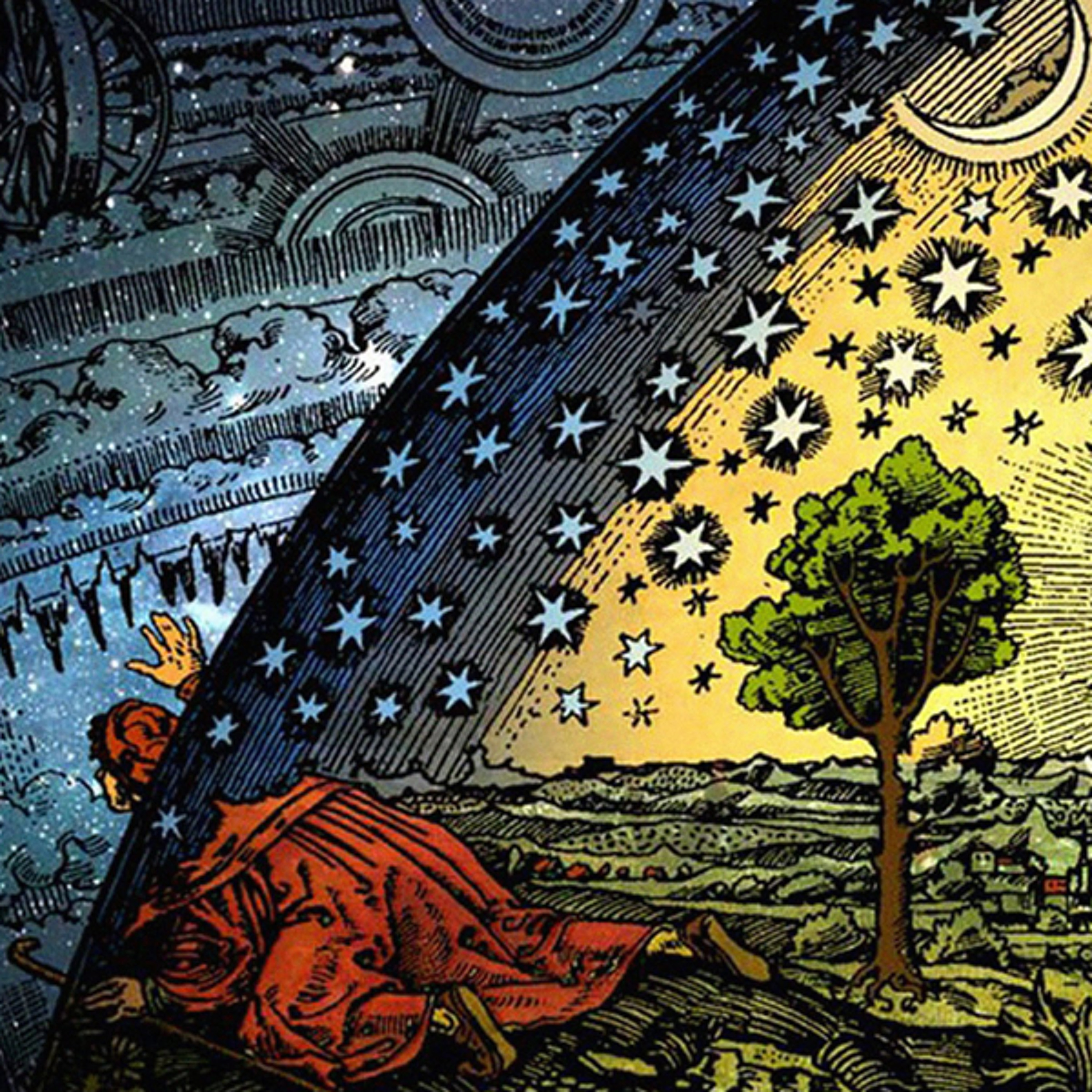
Evolutionary Panentheism: A Godview for Today's World (Br. David Steindl-Rast and Ken Wilber)
Everyone Is Right
Shownotes Transcript
Brother David Steindl-Rast, the author of Gratefulness: The Heart of Prayer and a practicing Benedictine monk for over half a century, discusses why a new understanding of God is needed to carry spirituality into the future.
“There are at least three ways of talking about Spirit: You can say what Spirit is like, you can say what Spirit is not, or you can have a direct experience of Spirit. And the best way to say what Spirit is like in today’s world, is evolutionary panentheism….”
Brother David begins by telling Ken about his website, Gratefulness.org. He touches on its role as a forum for what The New York Times refers to as the “2nd Superpower,” or those people across the globe committed to peace, and how something as simple as the act of lighting a candle can be a powerful expression of gratefulness in an agitated and agitating world.
Ken discusses religion on the world scene, pointing out that there are actually levels, or stages of spirituality. What this means in practical terms is that each higher stage of spirituality is capable of and committed to more inclusive understandings of love, care, and compassion. The great irony is that while the lower levels of spirituality lead human beings into war, the higher levels lead them into peace.
It is here that Brother David introduces what he calls the Godview. The Godview refers to the way a person conceives of God, just as their worldview refers to the way they conceive of the world. In lower levels of spiritual development, the Godview is comprised of “unexamined assumptions,” whereas in higher levels the Godview is born of a direct experience of the numinous. Like the worldview, the Godview is not merely an intellectual construct but an organizing principle for the way life is lived.
Explaining further, Brother David goes on to contrast theism (positing a transcendent God, whom one may know on personal terms) with panentheism (literally, “all in God,” or the divine as both transcendent and immanent). It is the latter Godview, Brother David suggests, that will carry spirituality into the future and that has far-reaching implications for inter-religious dialogue.
Ken agrees, and goes on to explain that even though God is unfathomable, there are better and worse ways of conceiving that which is ultimately inconceivable, and that if individuals must have a “positive” image for God, that evolutionary-informed panentheism is the most accurate expression. Only through panentheism, affirms Ken, is science and spirituality reconcilable as an evolutionarily unfolding of Spirit-in-action, and only through such a Godview can religion shake off its pre-modern, pre-rational, superstitious roots that have been erroneously elevated to post-rational glory.
In closing, Brother David and Ken discuss the significant implications of evolutionary panentheism for inter-religious dialogue, particularly as related to the Christian tradition, the world’s largest organized religion. Until we find ways of presenting our common religious roots in postmodern packaging, concur Ken and Brother David, we are in trouble.
We invite you to explore with us the ancient roots of the spiritual quest, and the new branches that are growing to support this endeavor in today’s world….